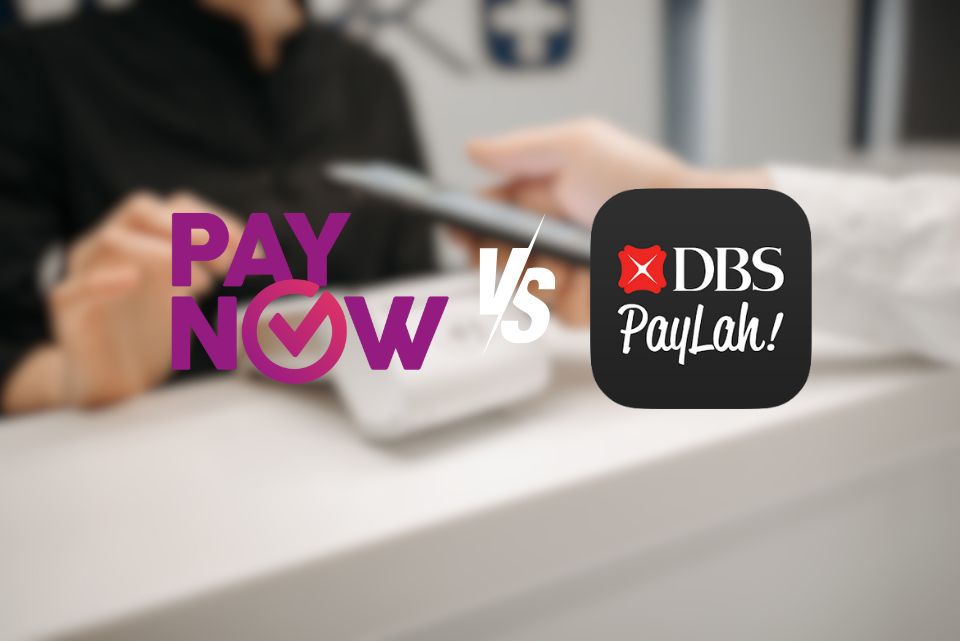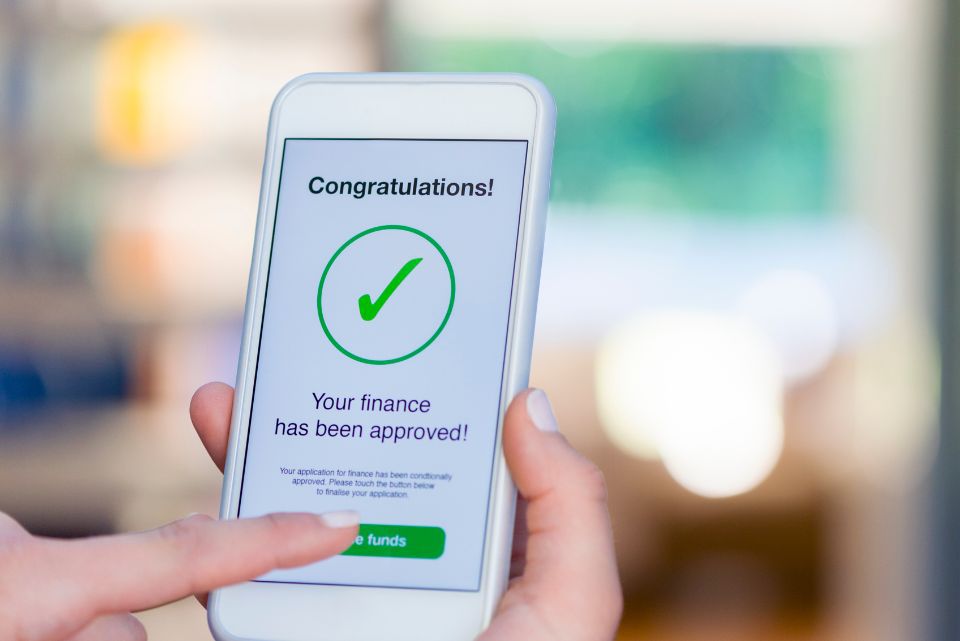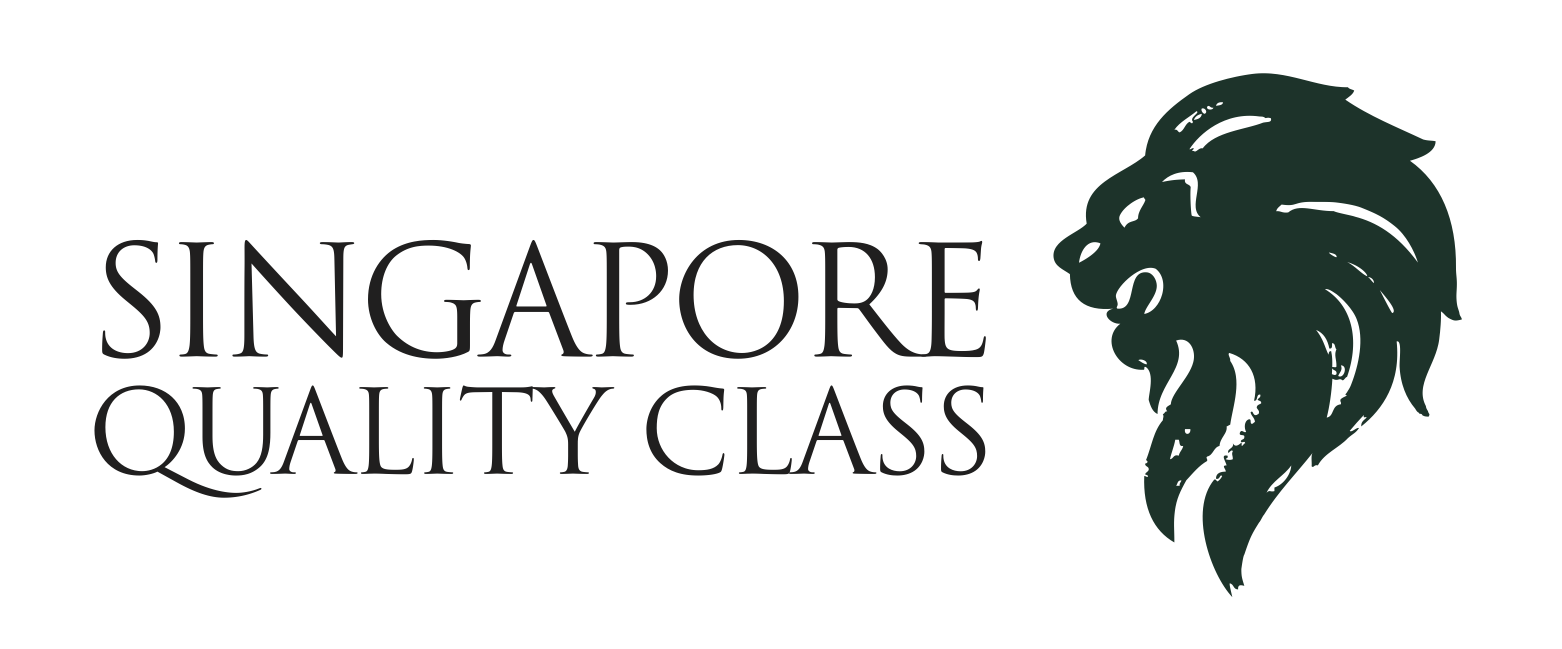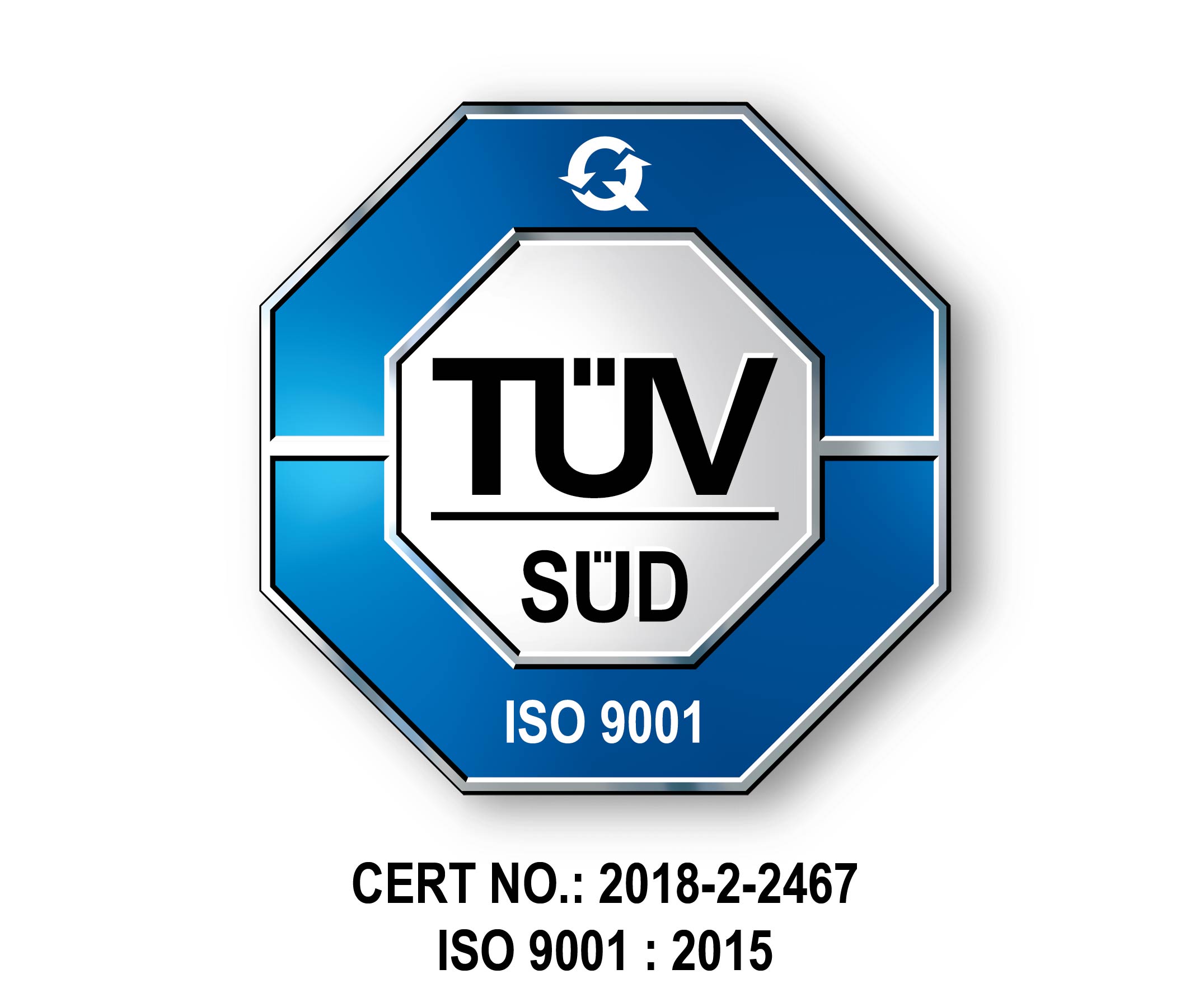
Starting or growing a small business in Singapore often comes down to getting enough capital. For many budding entrepreneurs, figuring out business funding can feel like a real hurdle. While traditional banks offer business loans, their rules can be quite strict, which might push some people to seek other options.
One option that might seem attractive is getting a personal loan from a licensed moneylender. These lenders often have less demanding requirements and faster approval compared to banks, which raises the question: could a personal loan from a licensed moneylender be beneficial to fund your business in Singapore?
This blog post aims to explore this very question, looking at the rules and regulations, the usual terms and conditions of these loans, the potential pros and cons, and other funding options.
Understanding the Regulatory Landscape in Singapore
Before considering a personal loan from a licensed moneylender for business funding, it’s essential to grasp the regulatory environment governing these loans in Singapore.
Key Regulatory Oversight
The moneylending industry in Singapore is subject to stringent oversight by the Ministry of Law, through the Registry of Moneylenders. This robust regulatory framework is designed to ensure fair lending practices and to protect borrowers from potentially exploitative terms and conditions.
Interest Rates and Loan Limits:
Key aspects of these regulations include clearly defined caps on interest rates, which are currently set at a maximum of 4% per month, regardless of the borrower’s income or whether the loan is secured or unsecured. Additionally, there are strict limits on the total amount that can be borrowed, particularly for unsecured loans, with these limits being directly tied to the borrower’s annual income.
Fees and Charges:
Beyond interest rates and loan amounts, the regulations also dictate the types and amounts of fees that lenders can charge. These include a late payment fee, capped at S$60 per month of late repayment, and an administrative or processing fee, which cannot exceed 10% of the principal loan amount granted. Importantly, the total sum of all charges, including interest (both regular and late), administrative fees, and late fees, cannot exceed the principal amount of the loan itself.
Advertising Restrictions
Legal lenders also face restrictions on how they can advertise their services, primarily limited to their registered business premises, official websites, and authorised consumer or business directories.
Use of Personal Loans for Business
While these regulations are comprehensive in governing the operations and terms of personal loans, there does not appear to be a specific legal restriction imposed by the Ministry of Law that explicitly prohibits the use of these funds for business purposes.
However, lenders may include specific clauses within their loan agreements that restrict the use of the borrowed funds for business ventures. Failure to disclose the intention to use the personal loan for business purposes, or if the loan agreement explicitly forbids such use, could constitute a breach of contract, potentially leading to financial penalties or even the immediate demand for the full loan repayment.
Therefore, borrowers must exercise caution and thoroughly review the terms of their specific loan agreement.
Understanding the Terms and Conditions: What to Expect from Licensed Moneylenders
Loan Security and Interest Rates
Personal loans from licensed moneylenders in Singapore are typically unsecured, meaning no collateral is required. The maximum interest rate allowed is 4% per month, applied to both the loan and late payments, regardless of the borrower’s income.
Read also: What Are The Interest Rates and Fees A Private Moneylender Can Legally Charge
Loan Amount Limits
Loan amounts are tied to the borrower’s annual income. Singapore citizens and permanent residents earning below S$20,000 can borrow up to S$3,000. Those earning S$20,000 or more can borrow up to six times their monthly income. Foreigners face stricter limits based on their income.
Fees and Charges
Licensed moneylenders can charge specific fees. Late payment fees are capped at S$60 per month. Administrative fees cannot exceed 10% of the principal loan amount. Legal costs are only allowed if court-ordered. The total charges, including interest, cannot exceed the original loan amount.
Repayment and Contracts
Repayment schedules are detailed in a mandatory loan contract (Note of Contract), which must be explained to the borrower.
Repayment periods are generally shorter than bank loans, usually between a few months and 24 months, though some lenders may offer up to 36 months. Borrowers are entitled to receipts for payments and account statements every six months.
In Summary: Key Terms and Conditions of Personal Loans from Legal Lenders
| Feature | Regulation |
| Maximum Monthly Interest Rate | 4% |
| Maximum Late Payment Interest | 4% per month on overdue amount |
| Maximum Late Payment Fee | S$60 per month |
| Maximum Administrative Fee | 10% of principal loan amount |
| Borrowing Limit (Singaporeans/PRs < S$20,000 annual income) | S$3,000 |
| Borrowing Limit (Singaporeans/PRs ≥ S$20,000 annual income) | Up to 6 times monthly income |
| Total Charges (including interest and fees) | Cannot exceed the principal loan amount |
Weighing the Pros and Cons: Benefits and Drawbacks of Using a Personal Loan for Business
Benefits of Personal Loans
- Streamlined Application Process: Licensed moneylenders offer a notably simpler application compared to traditional bank business loans, reducing administrative hurdles.
- Expedited Approval and Disbursement: Quick approvals and fund disbursements, often within hours, are invaluable for seizing fleeting business opportunities or addressing urgent financial needs.
- Enhanced Fund Flexibility: Personal loans provide greater autonomy in fund allocation, empowering entrepreneurs to strategically invest in inventory, marketing, or operational expenses.
- Accessibility for Emerging Enterprises: New businesses, lacking established financial records, can leverage personal creditworthiness to secure essential capital.
- Rapid Access to Smaller Capital Injections: For immediate, smaller funding needs, these loans provide a swift solution, avoiding lengthy bank approval processes.
- Inclusive Eligibility Criteria: Individuals with lower incomes or less-than-perfect credit scores can often qualify, broadening access to vital funding.
- Reduced Documentation Requirements: The minimal paperwork associated with these loans saves valuable time and resources.
Drawbacks of Personal Loans:
- Higher Interest Rates: The 4% monthly interest rate is a substantial financial burden compared to bank loans.
- Restricted Repayment Timelines: Shorter repayment periods (typically up to 24-36 months) can strain business cash flow.
- Potential Credit Score Deterioration: Defaulting on the loan can severely damage personal credit scores, impacting future borrowing.
- Personal Asset Liability: Borrowers bear personal responsibility for the debt, risking personal assets.
- Contractual Use Limitations: Loan agreements might prohibit business use, leading to potential penalties.
- Income-Based Borrowing Limits: Funding capacity is restricted by personal income, limiting larger investment opportunities.
- Possible Tax Implications: Interest payments may not be tax-deductible as a business expense.
The relative ease of obtaining a personal loan from a legal lender might be tempting for entrepreneurs seeking quick funds. However, the significantly higher cost of borrowing and the substantial personal financial risks involved generally make it a less favourable option compared to financing solutions specifically designed for businesses.
While it might serve as a short-term solution for very specific and immediate needs, it is crucial to carefully weigh these factors against the potential benefits.
Exploring Alternatives: Other Financing Options for Your Business
Traditional Bank Loans
These are a primary funding avenue, offering larger loan amounts with relatively lower interest rates, typically ranging from 3.5% to 11% per annum for SMEs. Repayment tenures can extend up to five years or more. However, banks often impose strict eligibility criteria, demanding a substantial business operating history and detailed financial documentation.
Government Support Schemes
The Singapore government provides several assistance programmes. SME Working Capital Loans, facilitated through participating financial institutions, offer up to $1 million with repayment periods of one to five years for eligible Singapore-registered SMEs.
The Temporary Bridging Loan, designed for all businesses, provides up to S$5 million with a five-year repayment term to address short-term cash flow needs. For newer ventures, Startup Business Loans offer smaller loan caps, such as S$100,000, with more lenient eligibility requirements.
Alternative Financing Options
Beyond traditional loans, businesses can explore lines of credit, providing flexible access to funds with interest charged only on the drawn amount, typically between 0.5% and 3% per month. Invoice financing, also known as account receivable financing, allows businesses to leverage outstanding invoices for immediate capital, receiving 80-90% of the invoice value within 24 hours.
Property-backed financing uses property as collateral for higher loan amounts. Venture debt financing caters to startups and high-growth companies. Trade loans support international trade, and merchant cash advances are based on credit card transactions.
Non-Debt Financing
Entrepreneurs should also consider non-debt financing options. Government grants offer non-repayable funds for specific business activities, such as the Startup SG Founder Grant. Crowdfunding platforms facilitate capital raising from numerous individuals online. Angel investors and venture capital firms provide substantial equity investments, often accompanied by valuable mentorship.
The Bottom Line
Choosing the right funding is crucial for business success. While personal loans from moneylenders seem easy, consider the long-term impact on your business and finances. Understand the rules, loan terms, risks, and other funding options.
Make informed choices that support your business goals and financial stability. Select a funding path that ensures both business growth and your personal security.
If you’re exploring funding options for your business venture and value a streamlined process with transparent terms, consider Crawfort personal loans.
Crawfort offers a responsible lending approach, providing clear information and support to help you make informed financial decisions. Explore our personal loan options today and take the next step towards achieving your business goals with confidence. Apply online today.













































































































































































